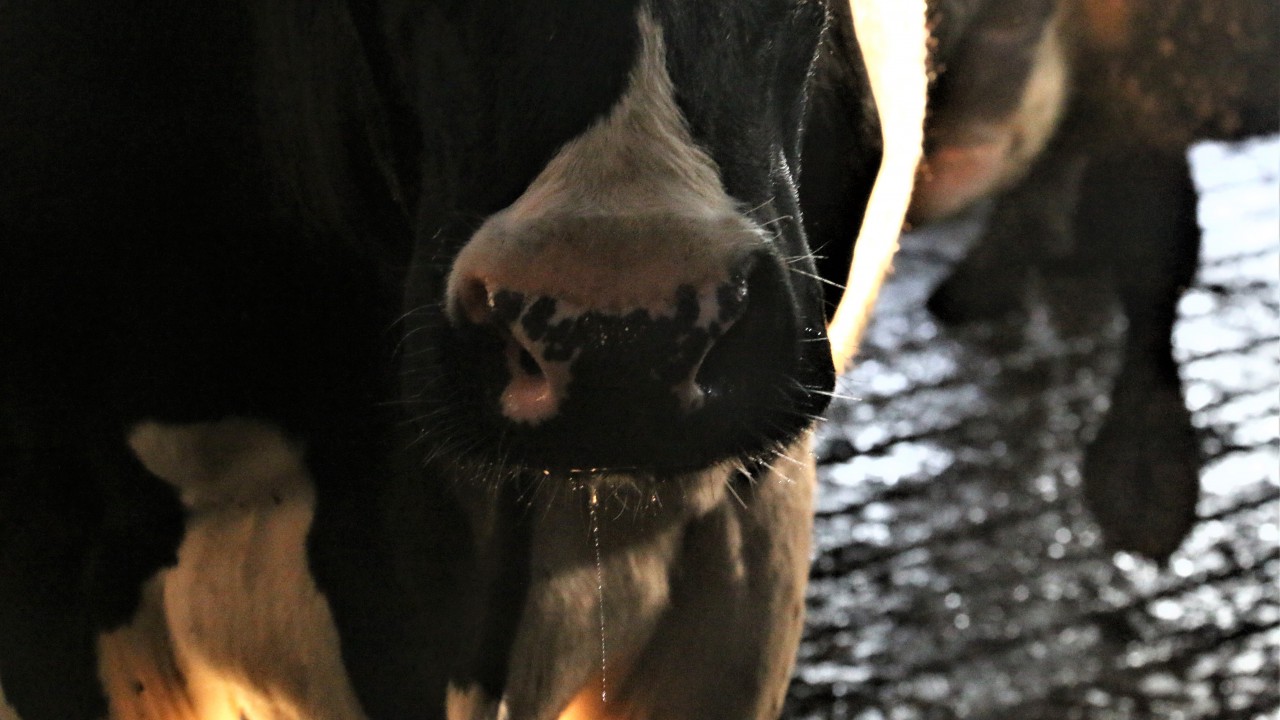Minister Poots has defended his decision to intervene over agricultural planning issues in Northern Ireland.
Shared Environmental Services (SES), a body which offers councils environmental advice on agricultural planning applications, was accused of “moving the goalposts” after it lowered its already stringent ammonia threshold from 1% to 0.1%.
The group came under fire from Minister of Agriculture Edwin Poots earlier this year when the minister said he had written to SES to reject its stance over the lowered threshold.
Asked during Tuesday’s minister’s questions, if his direction to SES was lawful under the EU Habitats Directive, Minister Poots answered: “I believe they are, yes, in light of the fact we are working extremely hard [o bring forward proposals which will reduce ammonia.”
Also Read: Poots rejects ammonia threshold at the centre of NI’s agricultural planning rowThe minister branded the body’s actions “entirely illogical”, saying its actions were in effect, hindering efforts to lower ammonia emissions in the region.
“SES was arriving at decisions, where in instances were ammonia could actually be reduced because a new building was replacing an older building where better practices would be in place, they were actually refusing those – entirely illogical,” he told MLAs.
You were getting an investment into a business, you were reducing the ammonia emissions coming out of that business, and they were still getting a refusal. So that type of thing had to be knocked on the head.
“We are working to ensure that over the course of the next number of years we will see a real reduction in ammonia.
“Why continue with a planning procedure which isn’t working when you have the opportunity of putting something in place that will actually work?”
‘Doing nothing is not an option’
Northern Ireland agriculture has been under fire for its ammonia emissions for several years now.
Northern Ireland is responsible for 12% of UK ammonia emissions whilst representing 6% of the UK’s land area.
Within the region, 90% of NI’s ammonia emissions come from agriculture, with cattle said to be responsible for around 70% of this figure.
Minister Poots concluded that he intended on working with the industry on the issue.
Doing nothing is not an option – we do need to do something to reduce the amount of ammonia that is going into the environment in Northern Ireland.
“And we also want to encourage people to have a business which can support their families. I believe both are achievable,” he said.

